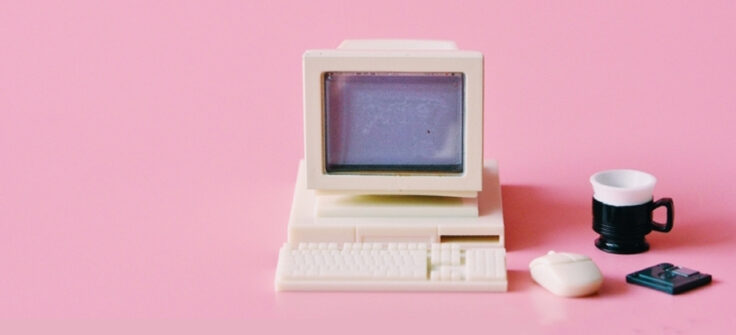While Silicon Valley has long flourished and become home to the world’s largest tech companies, the Arab world (with its tumultuous political climate) may not seem like the breeding ground for a similar movement. But against all odds, the wake of the Arab Spring saw the development of Flat6Labs– the start-up accelerator that’s now considered one of the largest in the region, and the brainchild of Egyptian investor Ahmed Alfi.
Alfi returned to Egypt a few years before the 2011 revolution that resulted in the ousting of Hosni Mubarak and put his focus on entrepreneurship in the Middle East and has since taken his start-up to astounding heights.
Over the years, Flat6Labs have opened offices in Jeddah, Abu Dhabi, Beirut, Bahrain, and Tunis—investing in local tech companies that vary in specialty. Their premise is simple: start-ups apply with their ideas, and if their application is accepted, they receive a seed investment of $10,000 – $20,000 dollars for a negotiated equity stake in their company.
And aside from cash, the start-up is also offered Flat6Labs offices to work from, where they develop their product in three-month cycles – after which they ‘graduate’ and move on to other investment opportunities.
With offices in the heart of Tunis, MILLE decided to pay them a visit.
The offices themselves are impressive—a beautifully decorated open-space where the teams sit on large tables with eyes firmly glued to their laptops. Most of the companies based in the Tunis office had been running for a few years before joining Flat6Labs last year. After chatting with a few people, it became abundantly clear how passionate they were about their work (an attribute that’s unavoidable when working for a start-up with an unpredictable future).
Eager to discuss their work, each person gave me a quick demo of their company—which varied from food delivery service, a children’s magazine, to a CRM system built for real estate agencies. We talked about the challenges they face, and when it comes to the Tunisian market, almost all the companies complained about the public’s lack of faith in start-ups. But despite this, a movement is taking place and the start-up scene is truly flourishing.
It’s worth noting that this risk-aversion isn’t a problem that’s prominent across the rest of the Arab world, each market comes with its own set of issues. In the UAE, new start-ups have to enter an over-saturated market. In Bahrain, investment opportunities are vast, but the challenge is finding access to talent. The one problem they all face however, is defining needs particular to the region and creating a product that’s scalable.
All in all, it seems that the region’s start-up future is hopeful. Flat6Labs has witnessed the incredible growth of companies like Abu-Dhabi based Collectionair—a marketplace to sell, purchase, lend and borrow affordable art from all over the world– and not to mention Cairo-based app Instabug, an in-app feedback and bug reporting tool used by some of the world’s largest companies like Paypal, SoundCloud, and Yahoo to name a few.
So, while problems do exist, and despite political instability, it might just be that the Arab world is in-fact in the midst of a technological awakening.









